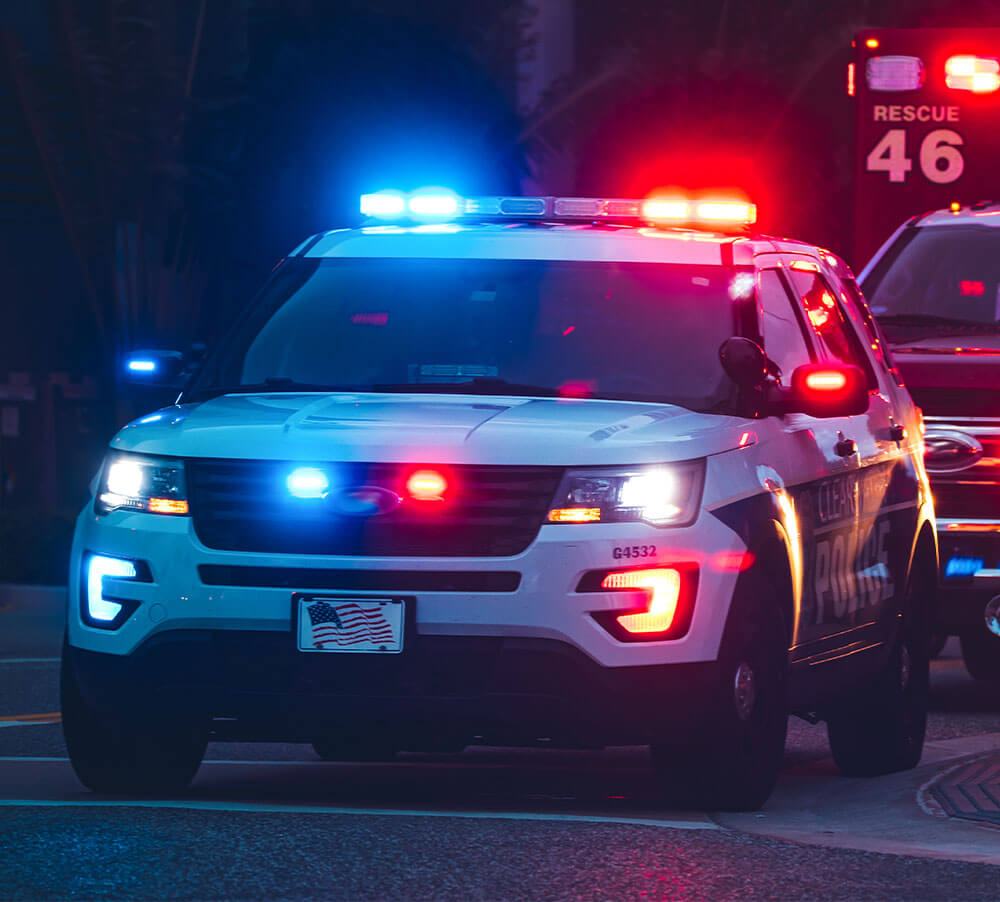Outreach
Outreach Services
LEAV
(Law Enforcement And Victim Outreach Program)
In conjunction with the Crisis Center for South Suburbia’s Court Advocacy Program, a Community Policing component was implemented in 2001. The program has established collaborative partnerships with seven area police departments to provide outreach services, safety planning, and IDVA (Illinois Domestic Violence Act) information to victims.
In FY18, the program was re-named Law Enforcement And Victim (LEAV) outreach program.
LEAV is in partnership with police departments in the Cook County 5th Municipal District and 6th Municipal District to educate law enforcement officers on the dynamics of domestic violence, Illinois Domestic Violence Act (IDVA), update them on any laws, court proceedings and provide advocacy services to victims in person or via telephone. Appropriate training at this level is crucial, as police are often the first link to services that are available to victims.
The thirty-two police departments that are currently in the program include: Alsip, Chicago Ridge, Crestwood, Evergreen Park, Glenwood, Hazel Crest, Homewood, Justice, Lemont, Matteson, Midlothian, Oak Forest, Oak Lawn, Orland Hills, Orland Park, Palos Heights, Park Forest, Richton Park, Sauk Village, Tinley Park and Worth. When police respond to a domestic violence call, it is important to ensure the safety of all parties present as well as be able to identify the perpetrator from the victim.

How do we respond?
The police prepare an incident report; The incident report includes contact information about the victim. This information is provided to the Crisis Center LEAV Advocate who is assigned to that police department.
The LEAV Advocate, who also is a domestic violence court advocate, attempts to contact the victim via telephone, and if successful, the advocate ensures the safety of the reported victim by reviewing a safety plan, offers to answer any questions, to discuss any of their concerns, encourages them to seek counseling and offer additional domestic violence services, as well as, provide them with legal referrals if needed.
*More than half of our Advocacy team is bilingual, which enables us to assist victims who do not speak English or have limited understanding of the English language.
Live Safe Patient Advocacy





